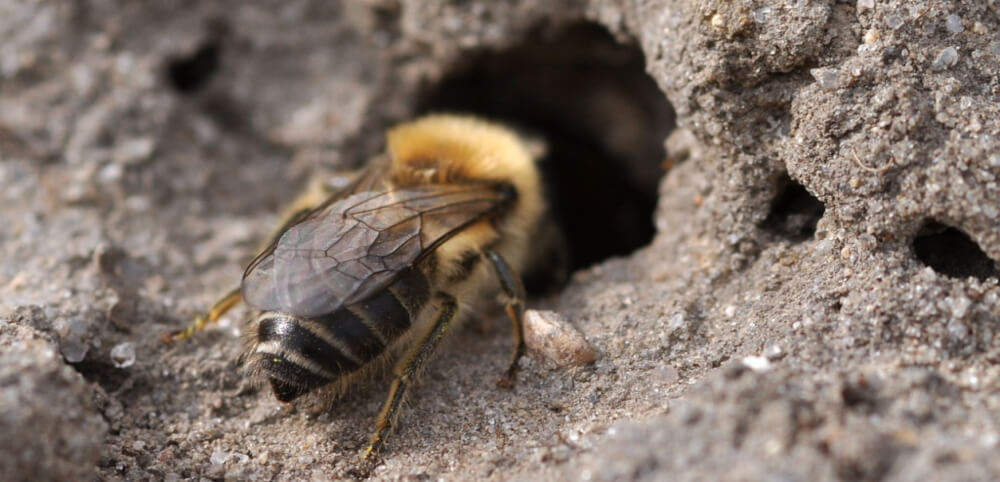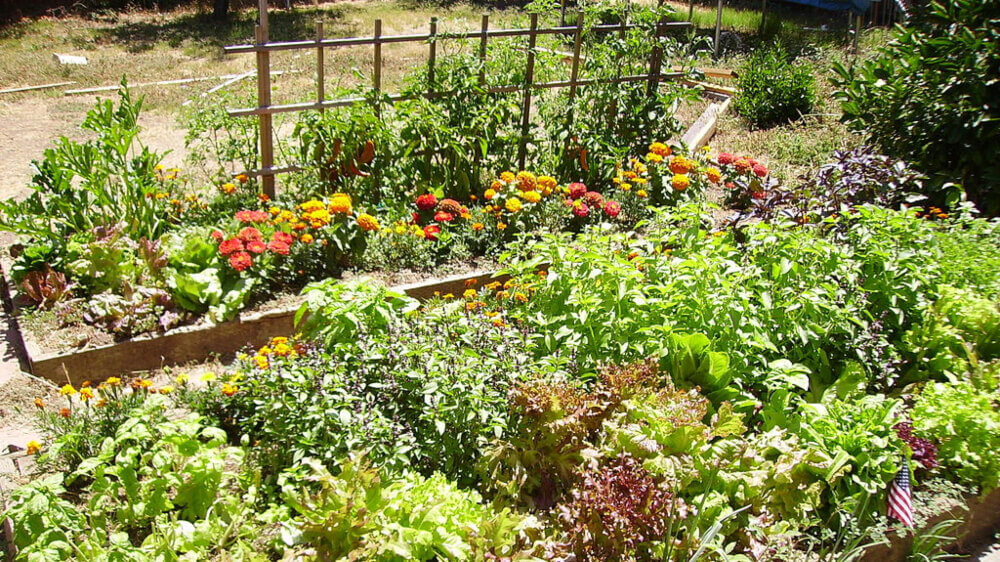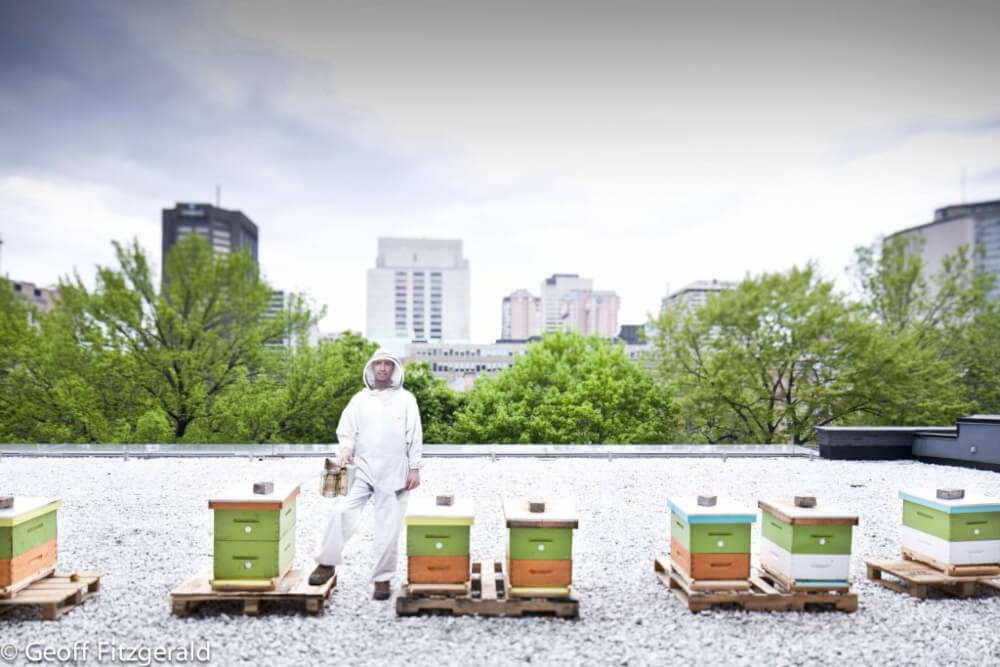Researchers at St. Louis University discovered that cities can be a place where bees thrive. That is good news because bees are endangered and we need them. Bees are vital for reproduction of many sorts of plants. If bees disappear, the foods that we take for granted will decrease in supply and increase in price. But research shows that cities can create urban ecosystem that will support the bees’ population.
A Good Habitat for Bees
Researchers discovered that bee diversity is much higher in St. Louis than in surrounding rural areas. The same goes for cities in the U.K.
Farmed land often doesn’t provide a good habitat for bees. Monoculture farming of plants that do not produce nectar and pollen (like corn and soy) means no food for the bees. Pesticides poison the bees. Wild bees make their nests in the hollow plant stems or in little holes in the ground. Land farming disrupts those nests.

The suburbs make bad bee habitats for similar reasons. Lawns that are frequently mowed and sprayed with weed killer are not a good environment for bees. On the other hand, abandoned lots in the cities and urban farming areas make surprisingly good homes for bees.
Cities can Offer Variety That Bees Need
Many citizens started to grow their own vegetables to save money and eat healthier. These urban gardens usually include many different sorts of plants and less pesticides than large scale farming. A variety of plants attracts a variety of bees and provides them with food and shelter. The same goes for overgrown lots.

Urban biodiversity is a relatively new field of study, but some ideas on how cities can contribute are already clear. Cities must stop evaluating property just in therms of economical gain. Some areas should be destined for urban farming. Parks and public places should be planted with bee friendly flowers. Green spaces should be linked so bees can more easily travel between them.
Some cities already recognize the necessity of protecting the bees and take action. For example, Toronto has implemented Pollinator Protection Strategy. If more cities take similar steps, they can prevent the bees from going extinct and save humanity from some serious problems in the future.
Photo source: Pinterest
Source: https://nextcity.org/features/view/what-can-bees-teach-us-about-building-better-urban-ecosystems


One Response